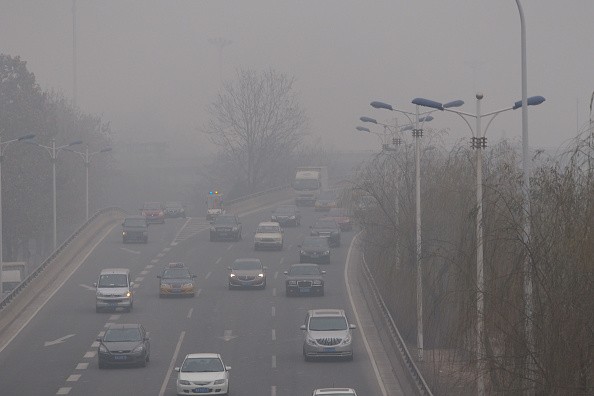In a recent news conference held by Zhang Dawei, director of pollution monitoring for the Beijing Environmental Protection Bureau, it was revealed that there was a drop in the number of days with clear skies in Beijing.
He said that in 2016 Beijing experienced 12 more blue-sky days. Also, there was a 9.9 percent drop in the average daily concentration of PM2.5.
The director explained that days with good air are days when the daily concentration of PM2.5 is below 75 micrograms per cubic meter.
The level that is considered harmful to health is above that said number. Critical or air that is severely polluted measures 150 mcg per cm.
Many citizens observed that the air quality is getting worse. According to a stay-at-home mother Li Xinying, her severe cough during the New Year holiday is caused by the worsened air quality.
"It felt like we had more smoggy days in 2016 than in 2015," she said.
Some experts believe that the efforts made by the government last year were not considerable enough.
According to Xie Shaodong, a professor of environmental sciences at Peking University, "When the PM2.5 concentration is higher than 35 mcg per cubic meter, any increase or reduction in concentration will make little difference in terms of visibility."
He added that he agrees with the people's observations that the reduction of coal production is hardly felt.
Thousands of travelers went out of the country during the holidays because of the heavy smog. On New Year's Day, the pollution level was 24 times graver than the level stated by the World Health Organization.
The government pledged to reduce coal production to 3.9 billion tons by 2020.




























